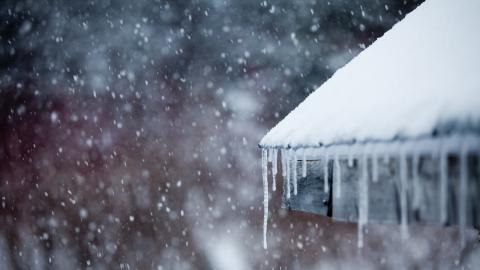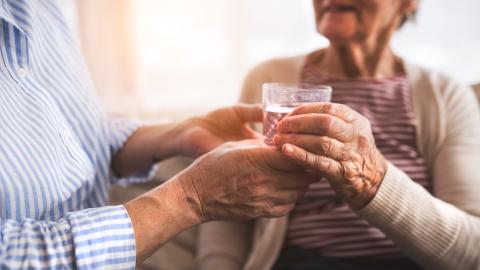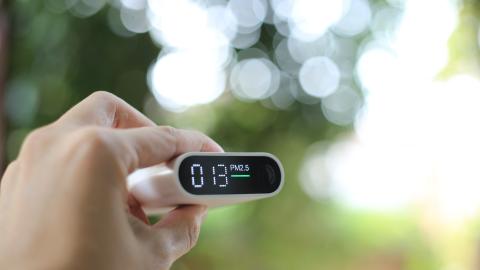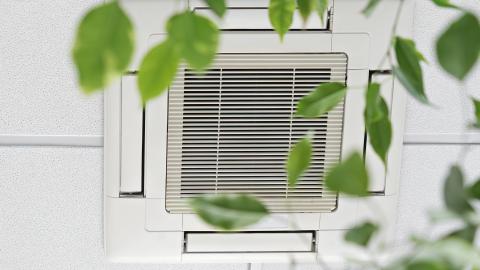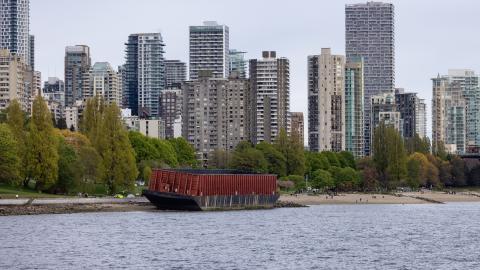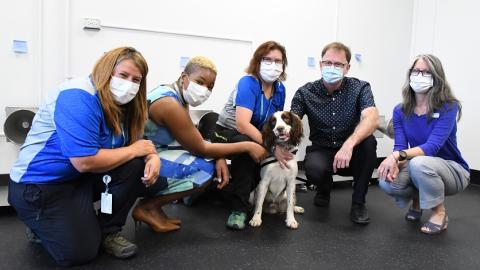Press release
Lower Mainland health authorities urge residents to take precautions during the Heat Warning
Lower Mainland, British Columbia – A Heat Warning was issued on Sunday, June 26 by Environment Canada, who advised of increasing temperatures from Sunday, June 26 through to Monday, June 27.
Daytime temperatures will range to 34 degrees Celsius in the Fraser Valley combined with overnight in the high teens in the following regions today and tomorrow (Monday):
- Howe Sound
- Metro Vancouver
- Fraser Valley
The Fraser Valley will see daytime highs rising to near 34 with an overnight low in the high-teens. Remaining regions, such as Metro Vancouver and Howe Sound, should continue to expect daytime highs rising into the low 30's with overnight lows down to the mid-teens. This is not an Extreme Heat Emergency and is currently not predicted to become one. However, severe health impacts, including death, can occur at the forecasted temperatures. As we are experiencing the first high temperatures of the summer, we are advising the public to take precautions to prevent heat-related illness.
High heat can pose an immediate danger to health for those who may not be acclimatized to temperatures in this range and may not have ready access to adaptations, such as air conditioning. Symptoms of heat-related illness can include thirst, dizziness, or weakness. Confusion, fainting or collapsing, and loss of consciousness are symptoms of heat stroke, which is a medical emergency requiring immediate care.
It is important to monitor yourself and family members, and to consider developing a check-in system for neighbours and friends who are at higher risk during warmer weather.
The most susceptible individuals include:
- Older adults, especially those over 60
- people who live alone
- people with pre-existing health conditions such as diabetes, heart disease or respiratory disease
- people with mental illnesses such as schizophrenia, depression, or anxiety
- people with substance use disorders
- people with limited mobility or other disabilities
- people who are marginally housed
- people who work in hot environments
- people who are pregnant
- infants and young children
If you are taking medication, particularly for mental illness or high blood pressure, ask your doctor or pharmacist if it increases your health risk in the heat and follows their recommendations.
Here are important steps people can take in the days ahead to protect themselves and their loved ones from the heat:
Keep cool:
- Drink plenty of water throughout the day, even when you do not feel thirsty. Leave a glass by the sink as a reminder.
- Take it easy, especially during the hottest hours of the day (generally 2 p.m. to 6 p.m.in B.C.). Limit day time outdoor activity to early morning and evening time.
- Wear loose, light-weight clothing. Protect yourself from the sun by wearing a wide-brimmed hat and sunglasses.
- Seek cooler indoor and outdoor spaces like a tree-shaded area, swimming pool, shower/bath, or air-conditioned public spot like a mall.
- Never leave children or pets alone in a parked car. Temperatures can rise to 52°C (125°F) within 20 minutes in an enclosed vehicle when the outside temperature is 34°C (93°F).
- If you have air conditioning, be sure to turn it on during hot days. It does not need to be on as high as it can go to help keep you safe.
- If you don’t have air conditioning at home, there are some other things you can do to stay cool:
- Take a cool/tepid shower or put your feet into a cool bath.
- Wear a wet shirt or apply damp towels to your skin to cool down.
- Keep your home cooler by shading the windows from the outside using awnings or shutters or from the inside using curtains or blinds (wherever possible).
- Close windows and pull indoor/outdoor shades/blinds at around 10 a.m. to trap the cooler air inside and block the sun.
- Open windows and doors at around 8 p.m. to let the cooler overnight air into the house (check that the outdoor temperature is indeed lower than indoors).
- Use multiple fans strategically to help move cooler air into the home overnight. Fans in the window can provide indoor cooling when the temperature outside is lower than the temperature inside. Please note that in high heat, fans aimed at people do not bring down our body temperatures significantly, particularly for people who already have impaired cooling responses such as those who are elderly or have certain pre-existing health conditions.
- Stay with friends or family who have air conditioning or a basement.
- It is important to know that fans alone cannot effectively lower core body temperature, especially for older adults.
Check in on others
- Consider plans for moving individuals at higher risk from hot indoor environments into cooler environments.
- Check in with friends, family and neighbours, especially those who may be more susceptible to heat illness, who are living alone and those without air conditioning. Check regularly on older people, and those who are unable to leave their homes, for signs of heat-related illness.
- If you identify signs of heat illness, assist in moving them to a cooler indoor or shaded space, support them in getting hydrated and seek medical assistance.
- Signs of heat stroke include a high body temperature, confusion, dizziness/fainting, and flushed skin. Heat stroke is a medical emergency; call 911. While waiting for help, cool the person right away by moving them to a cool place, if you can, and apply cold water to large areas of the skin.
- Make sure people know the signs of heat-related illness and how to prevent it.
Stay informed
- Listen to local news and weather channels.
- Learn about the BC Heat Alert and Response System for heat notifications.
- Visit fraserhealth.ca/heatsafety and www.vch.ca/heat to help you stay safe and healthy in the heat.
- Fraser Health Virtual Care allows you to connect with a health professional. You can call 1-800-314-0999 or use the web chat from 10 a.m. to 10 p.m. seven days a week at www.fraserhealth.ca/virtualcare
- For more information on heat-related illness, call HealthLink BC at 811.



